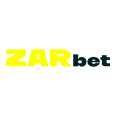Online Betting sites » Beginners Guide casinos
How to Play Casino Games: A Beginner's Guide to Smart Betting
The house maintains an edge in every casino game, which means they'll win your money over time.
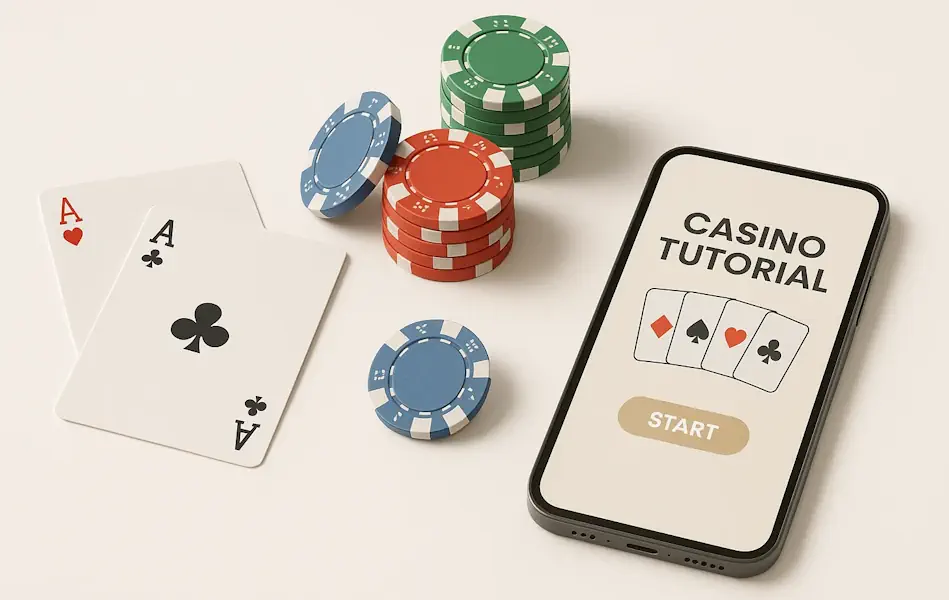
Casino games all have different odds for the player. If you play single-deck blackjack, your chances are way better, and in Baccarat the house only has a 1.06% edge when you stick with the banker bet. Once you get what those numbers mean, your whole game feels smoother, whether you’re clicking online or sitting at a real table.
Casino games are supposed to be a good time, so only bring cash you’re totally okay with losing. This guide has everything you need to pick the right games and play smart. You’ll get the lowdown on house edges and see which games are perfect for beginners so you can walk in feeling ready.
Understanding Casino Game Odds and House Edge
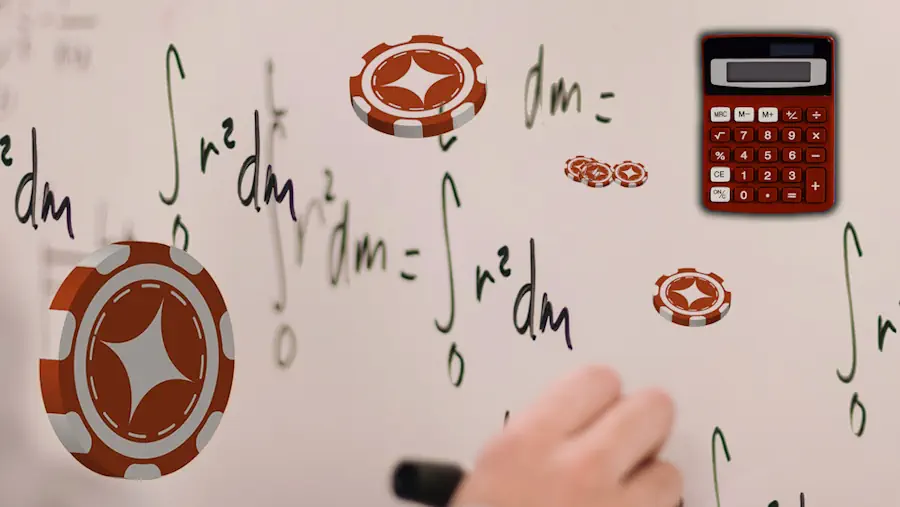
Casino games are basically built on solid math. Every game has a small built-in edge that lets the house make money over the long run. The cool part is, this edge isn’t hidden; it’s just how the games are set up. Once you see the numbers, it kind of changes the way you look at everything. In the end, that math is what decides how often you win or lose.
The Mathematics Behind Casino Advantage
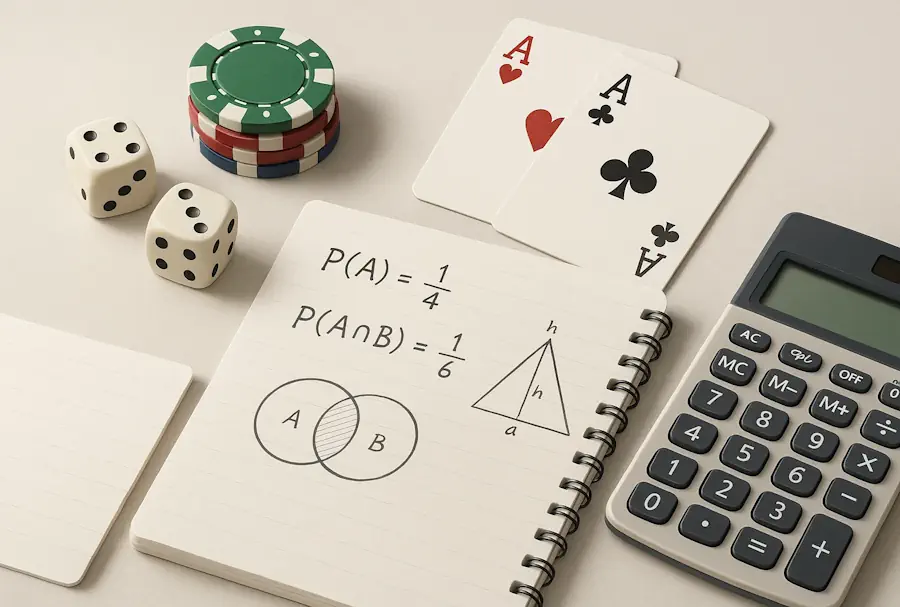
The house edge is basically how much you’re expected to lose on average compared to your first bet. It’s the casino’s way of saying, “Here’s the cut we keep from every game.” For example, American roulette has a house edge of 5.26%. So if someone drops ZAR 18,000 on the roulette table, the casino will pocket around ZAR 900 as profit and hand back about ZAR 17,100.
A lot of players get this wrong: they think the house edge eats away at the cash they walked in with. Nope, it actually chips away at every single bet you make. So if you end up betting a total of ZAR 18,000 and the house edge is 5%, you’re probably looking at a loss of around ZAR 900, not 5% of whatever you started with.
The house edge numbers only work if you play every hand perfectly. Mess up even once and the casino gets an even bigger edge. Also, games like Blackjack let you raise your bet in the middle of a hand, but those bigger bets aren’t part of the house edge math. That means the real risk is actually higher than the posted percentage.
Identifying Games with the Best Odds
Casino games offer different winning chances. Here's how the house edges compare in popular games:
| Game | House Edge | Notes |
|---|---|---|
| Video Poker | -0.05% to 2% | Deuces Wild can have negative house edge with perfect play |
| Blackjack | 0.43% to 2% | Single Deck offers lowest edge |
| Baccarat (Banker) | 1.06% | After commission |
| Baccarat (Player) | 1.24% | Without commission |
| European Roulette | 2.70% | Single zero |
| American Roulette | 5.26% | Double zero |
| Slot Machines | 1% to 15% | Varies widely by machine |
Different bets in games have their own house edges. In craps, the edge goes from 0% on odds bets all the way up to 16.7% if you bet on seven. In baccarat, the tie bet has a way bigger edge than the banker or player bets.
How RTP (Return to Player) Percentages Work
Return to Player, or RTP, is basically the percentage of all the money people bet that a game ends up paying back over time. It’s like the flip side of the house edge—if a game has a 95% RTP, the house edge is just 5%.
When we figure out the RTP, we either run the math or let a computer play out every single combo it can think of. The final number counts the regular spins, the bonus rounds, and any jackpots too.
Online casinos usually pay out more (like 95-98%) than the ones you walk into. Still, those payout numbers come from millions of spins and hands, so your next few rounds could look totally different.
Variance and Volatility in Casino Games
Variance and volatility are just fancy words for how spread out the game results can get. They’re the reason you can still go on hot or cold streaks even when the RTP stays the same.
High-variance games are the ones that drop huge prizes, but you’ll be waiting a while between wins. Low-variance games hand out smaller payouts way more often. Volatility is just the fancy word for how risky a game feels: high-volatility ones can go quiet for ages and then suddenly hit you with a monster win.
Math pros have this simple formula that turns volatility into a score from 0 to 20. The bigger the number, the wilder the swings, so it’s easier to guess how the game will actually play out.
Variance basically decides how people play. When a game has medium volatility, it can push some players toward problem gambling. The setup makes it super tempting to chase losses, and the occasional big win keeps them hooked. Research shows that most players actually like small, steady rewards way more than waiting around for a rare jackpot.
Smart casino gaming needs more than luck. Understanding these mathematical principles are the foundations of making smart betting choices.
List of Best Real Money Online Casinos in South Africa:
|
Operator
|
Bonus
|
Features
|
Claim Now
|
|---|---|---|---|
|
100% Match
Up to 3000 ZAR |
|
|
|
|
100% Match
up to 3000 ZAR |
✔ FREE Bets |
|
|
|
125% Match
Up to R3750 + 25 Free Spins |
|
|
|
|
100% Match
up to €1000.00 + 150 Free Spins |
✔ FREE Bets |
|
|
|
100% Match
Up to 0 |
✔ FREE Bets |
|
|
|
Welcome package:
Up To 30000 ZAR + 150 Free Spins |
✔ FREE Bets |
|
|
|
Welcome bonus:
Up to 10000 ZAR |
✔ FREE Bets |
|
|
|
100% Match
Up to 500€ + 100FS |
|
|
|
|
Welcome package:
25 Free Spins |
✔ FREE Bets |
|
|
|
500% Match
Up to 00 |
✔ FREE Bets |
|
|
|
100% Match
Up to R1000 |
✔ FREE Bets |
|
|
|
100% Match
Up to R4000 |
|
|
Selecting the Right Casino Games for Beginners
If you're new to casinos, the first thing you gotta do is pick the right games to try. Whether you're walking around a real gaming floor or scrolling through an online site, there are literally hundreds of choices, and the ones you pick can totally change how much fun you have and how well you do.
Table Games vs. Electronic Games
Table games and electronic games give you two totally different vibes at the casino. With table games, you’ve got real dealers and actual stuff like cards, chips, and dice. You can talk to the dealer and the other players, so it feels pretty social. Electronic games are different—they run on Random Number Generators (RNGs) or link up to live tables.
New players usually have an easier time with electronic games since the minimum bets are lower and they can learn at their own pace. Industry reports say that electronic table games, or ETGs, used to be the cheap corner of the casino where you could play blackjack for ZAR 18.00 or baccarat for ZAR 90.00. Now even big spenders sometimes pick the stadium gaming setups over the old-school felt tables because they’re comfier and more private.
Electronic roulette is perfect if you're just starting out. The machines let you toss in just a few bucks, and you get your own little station. Plus, since it's all on the screen, you don’t have to stress about the pros watching you or trying to figure out the fancy betting stuff.
Games of Skill vs. Games of Chance
Casino games basically split into two camps depending on how you win. Some are all about luck, and others let your choices actually change how things turn out.
slots, roulette, keno, and lottery-style games are all about chance. These games usually:
- It’s you versus the casino, not the other players.
- You don’t need to know a ton of extra stuff
- Bring in way bigger prizes and jackpots
Games like blackjack, poker, and baccarat aren’t just about luck—they actually take some skill, and the more you practice and learn, the better you get. Players can boost their odds of winning by using smart strategies and making good choices. Because your decisions matter, it’s way easier to feel hooked on the game.
Different places have their own rules for these kinds of games. Some states run what they call “predominance tests” to see if skill or luck is the bigger deal. Those tests decide how tight the rules are and where you’re actually allowed to play.
The Top 5 Games with Lowest House Edge
These five games give beginners the best statistical chances:
- Blackjack (Single Deck): Players who know basic strategy perfectly face only a 0.5% house edge. This card game stays popular because it mixes simple rules with real strategy.
- Baccarat: Banker bets have just a 1.06% house edge, while player bets run at 1.24%. The game looks fancy but has straightforward rules.
- Craps (Pass Line): Pass line bets come with a 1.41% house edge. The table looks scary at first, but the main bets are easy to understand.
- European Roulette: The single-zero wheel keeps the house edge at 2.7%, better than American roulette's 5.26%. Players get simple rules and excitement with decent odds.
- Three-Card Poker: The house edge stays at 1.5%. This poker variant works well for casino newcomers with its multiple betting options.
If it’s your first time at a casino, just hit the slots—they’re super easy. Or try roulette and bet on red or black; it’s almost a coin flip. If you’re feeling a bit more into it, blackjack is cool because the rules are simple but you still get to make some choices. Whatever you decide to play, decide how much you’re willing to spend before you start so you can keep things fun and under control.
Mastering Basic Betting Strategies
Doing well at the casino isn’t just about getting lucky. Having a smart betting plan can really boost your chances. Good players get that the way you place your bets matters just as much as the bets you pick.
Flat Betting and Its Benefits
Flat betting gives remarkable advantages to beginners who want to learn casino games. You always put down the same amount no matter what just happened. The plan is to stick with one set bet—like 1 to 5 percent of the cash you brought—on every hand or spin. Flat betting keeps your risk steady and lets you play longer, while fancy systems just complicate things.
The biggest plus is how simple it is. You can zero in on learning the game without doing a bunch of math about bets. Your money and playtime last way longer, so you might actually end up ahead if you stick around. Flat betting also keeps the extra stuff to a minimum, making it easier to see if your strategy is actually working.
Progressive Betting Systems: Pros and Cons
Progressive betting changes wager amounts based on previous results, with two main variations:
- Positive progression: Increasing bets after wins (e.g., Paroli system)
- Negative progression: Increasing bets after losses (e.g., Martingale system)
Positive progression systems ride the wave when you're on a hot streak, basically using the casino's cash to keep the bets climbing. The catch is that a single loss can wipe out everything you just stacked up.
Negative progression systems try to win back what you lost by betting more each time. The catch is you need a big stack of cash, because a couple bad rounds can wipe you out. Studies show that no matter how you tweak your bets, these systems can’t flip a game with bad odds into a money maker in the long run.
Bankroll Management Techniques
Good bankroll management helps you control your gambling capital to maximize play time. Expert players suggest:
- Set aside a specific amount just for gambling
- Keep your bets between 1-5% of your total bankroll per wager
- Conservative players should have at least 20 buy-ins for cash games and 50 buy-ins for tournaments
This disciplined approach helps you avoid big losses while giving enough chances to win.
Setting Win and Loss Limits
Setting boundaries for winning and losing is vital for responsible gaming. A win limit is just the amount or percent of your starting bankroll you decide to walk away with once you hit it. It keeps you from giving it all back when you’re on a hot streak. A loss limit is the max you’re okay losing so you don’t mess up your budget.
Say you start with 1,800 rand in your bankroll. You could decide to quit if you hit 2,700 rand (a 50% win) or drop to 900 rand (a 50% loss). These limits give you clear stopping points, keep your emotions in check, and help you play responsibly.
How to Play Casino Games with Optimal Strategy
Playing smart at the casino means you’ve got to get good at the best strategies for each game. If you want to win, you need to learn the math-based moves that actually work for whatever you’re playing.
Blackjack Basic Strategy (48.6% Win Rate)
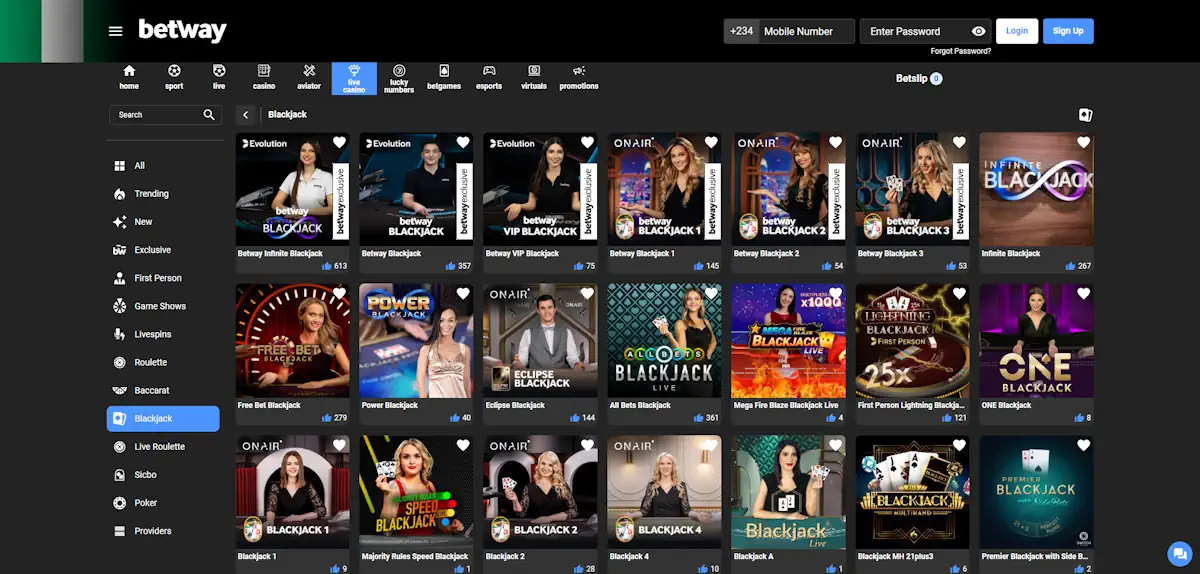
So, blackjack basic strategy is basically the cheat sheet that drops the house edge to only 0.5% if you stick to it perfectly. Super-smart computers ran millions of fake hands and figured out the best move for every combo you can get. The order is pretty chill: first check if you can surrender, then see if you should split, look for a sweet double-down spot, and finally decide to hit or stand. If you follow the plan, you’ll win about 48.6% of the time and push on 8.48% of hands. Quick rules to keep in your head: always split aces and 8s, never split 10s, double down on 11 unless the dealer shows an ace, and just stand if you’ve got a hard 17 or anything higher.
Video Poker Strategy Charts

Video poker is actually one of the best deals you can get in a casino if you play it right. The version called full-pay Jacks or Better can pay back 99.54 percent if you use the perfect strategy. To help with that, there are these strategy charts that show all 32 ways you could play every hand, ranked by which move is worth the most. That’s why the charts are so useful.
- Check out your whole hand
- Start at the top of the chart and just move your way down.
- Hang on to the cards that match the highest combo listed on the chart.
The difference between just okay play and really solid play is usually only about 0.1% in return, but for players who take the game seriously, that tiny bit is a big deal.
Craps: The Smart Bets (Pass Line with 1.41% House Edge)
Pass Line bets in craps have a house edge of 1.41%. Don’t Pass bets are a little better at 1.36%, but most people still go with Pass Line because it’s more fun with the group. You win instantly if the come-out roll is 7 or 11, and you lose if it’s 2, 3, or 12. If any other number shows up, that becomes the “point,” and you win if it rolls again before a 7.
Baccarat: Banker vs. Player Bets (1.06% vs. 1.24% House Edge)

Baccarat is super easy: just keep betting on the Banker every single hand. Yeah, the casino takes a 5% cut when Banker wins, but the house edge is still only 1.06%, which is better than the 1.24% you get with the Player bet. Banker wins roughly 45.8% of the time, Player wins about 44.6%, and ties show up around 9.6%. Whatever you do, skip the Tie bet—its house edge is a brutal 14.36%, even if that 8-to-1 payout looks tempting.
- Safe, paying brands: best real-money casinos for South Africans.
- Simple apps with quick signup: best casino apps in SA.
Online Casino Gaming: Platform Selection and Security
Safety and trust are basically the heartbeat of any legit online casino. If you want your gaming to stay safe when you play online, you’ve got to know these basics.
Evaluating Casino Licensing and Regulation
When you're picking a place to play, the first thing to check is whether the casino actually has a license. Solid sites show an active license from big-name regulators like the Malta Gaming Authority, the UK Gambling Commission, or the Kahnawake Gaming Commission. These groups set tough rules to keep players safe from scams.
You can verify legitimacy by:
- Scroll to the very bottom of the homepage and you’ll spot the license info right there.
- Check the official logos from the regulators and click the links that take you straight to their license pages.
- Skip any site that doesn’t show clear licensing info.
In South Africa, if a betting site wants to be legit, it has to get a license from places like the Western Cape Gambling and Racing Board. If a site skips that step, it usually lands on the regulators’ blacklist, so double-checking the license is super important.
Understanding Random Number Generators (RNGs)
RNGs are basically what keep online casinos fair. They spit out random number sequences that decide what happens in each game. There are two main kinds players should know about:
Hardware RNGs (TRNGs) create true randomness through physical processes like atmospheric measurements, which leads to completely unpredictable results.
Fake random number generators, called PRNGs, start with a seed and run it through some math to spit out numbers that look totally random. If you somehow knew the exact seed and every line of the code you could predict what comes next, but in real life that’s basically impossible to pull off.
How to Verify Game Fairness
Independent testing groups like eCOGRA, iTech Labs, and BMM Testlabs check online casino games on the regular. They run through a bunch of tests that cover:
- General RNG code reviews
- Diehard Battery of Tests
- Outcome distribution analysis
You’ll usually spot the testing seals right at the bottom of a platform’s website once it’s been certified. Plus, some sites—especially crypto casinos—use something called “Provably Fair” tech, which lets players check the results themselves using cryptography.
Just remember, every licensed gambling product has to be tested by an approved lab before it can hit the market. After that, the games still get checked all the time to make sure they stay fair.
Our verdict
Casino games actually need some decent math skills and a good game plan. When we looked into it, we found that the house edge changes a lot depending on the game. Blackjack keeps it super low at around 0.5%, but some slot machines can crank it up to 15%.
Players who do well always pick the right games and stick to tactics that actually work. When you stick to basic blackjack strategy, you win about 48.6% of the time. The banker bet in baccarat has a pretty low house edge, only about 1.06%. These numbers make it super obvious why picking the right game is a big deal.
Another big reason success comes down to smart bankroll management is that the numbers back it up. Research shows that when players only risk 1-5% of their total bankroll on each bet, they can keep playing way longer without getting wiped out. Setting clear win and loss limits also keeps things in check, and most experienced players call it quits once they’re either up or down by about 50% of their starting bankroll.
Casino games are supposed to be fun, not your main paycheck. Before you play, check that the place is legit and know the real odds of each game, whether you're at a real table or on your phone. Knowing the facts and sticking to a smart betting plan is how you keep the whole thing fun and under control.



